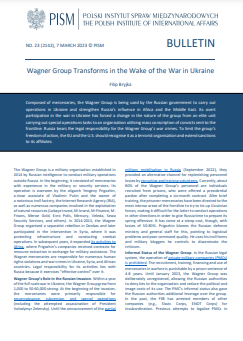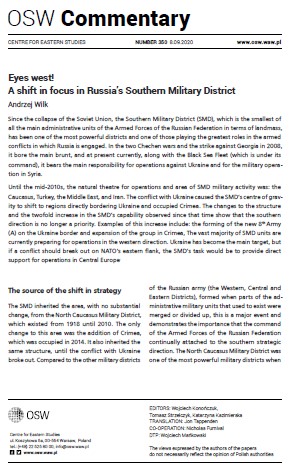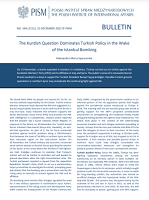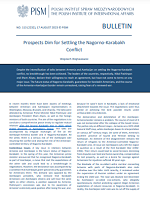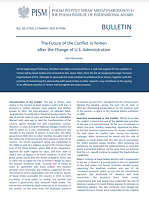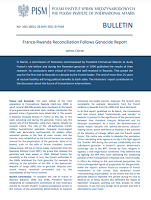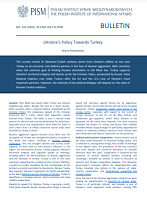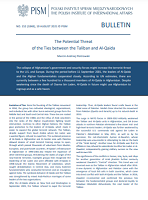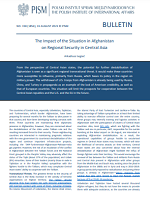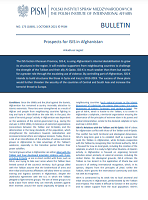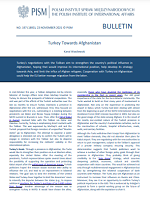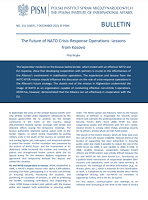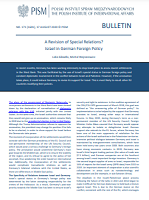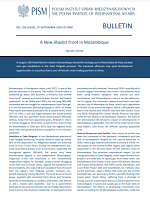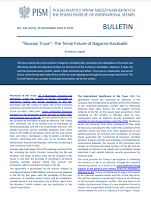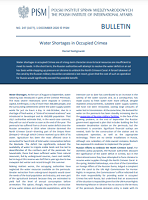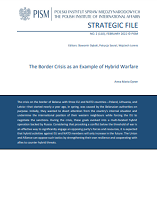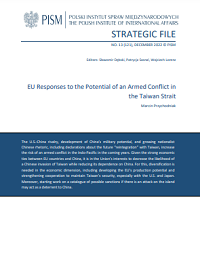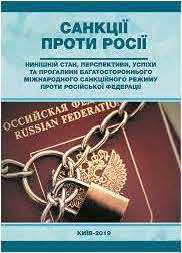
Current state, prospects, successes and multilateral gaps of international sanctions regime against the Russian Federation
Economic, diplomatic and other sanctions have become a standard tool for international policy. The states that implement them use sanctions as an instrument of pressure to influence the geopolitical decisions of the government of the country against which they are directed. In 2014, in response to Russia's annexation of Crimea and the conflict in the east Ukraine, the United States, the EU, Canada, Australia and other countries have imposed sanctions againstthe aggressor. Russia has become the largest and most influential country against which such harsh sanctions have been imposed. Despite Russia's important position in the international arena, the US and the EU have stated that they will not lift sanctions regime until Russia’s implementation of the Minsk Agreements and the return of the Crimean peninsula.
More...
